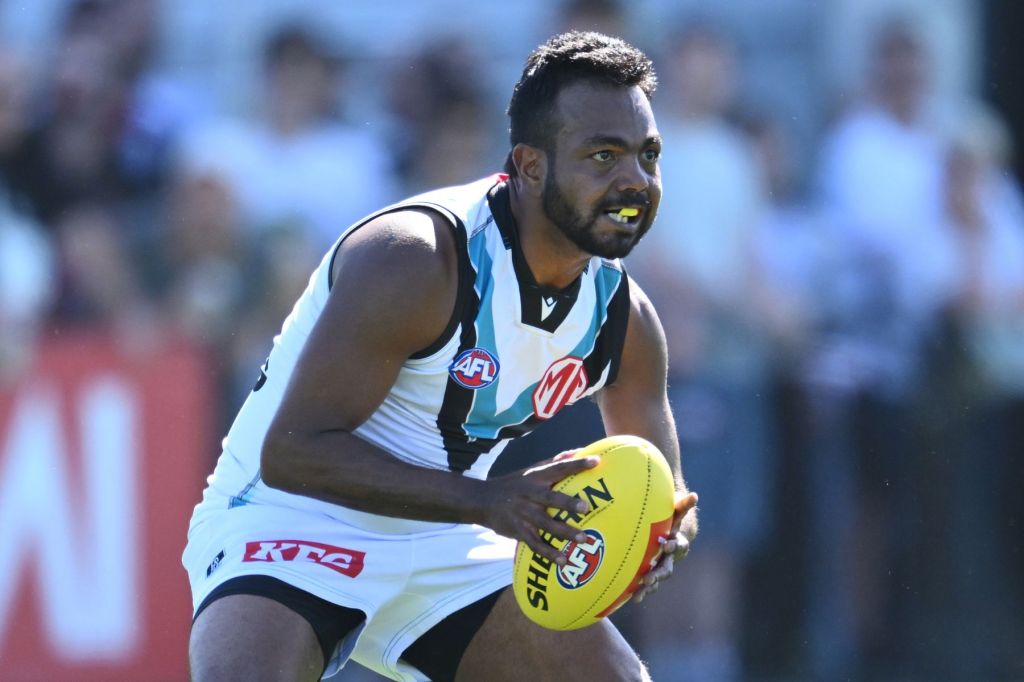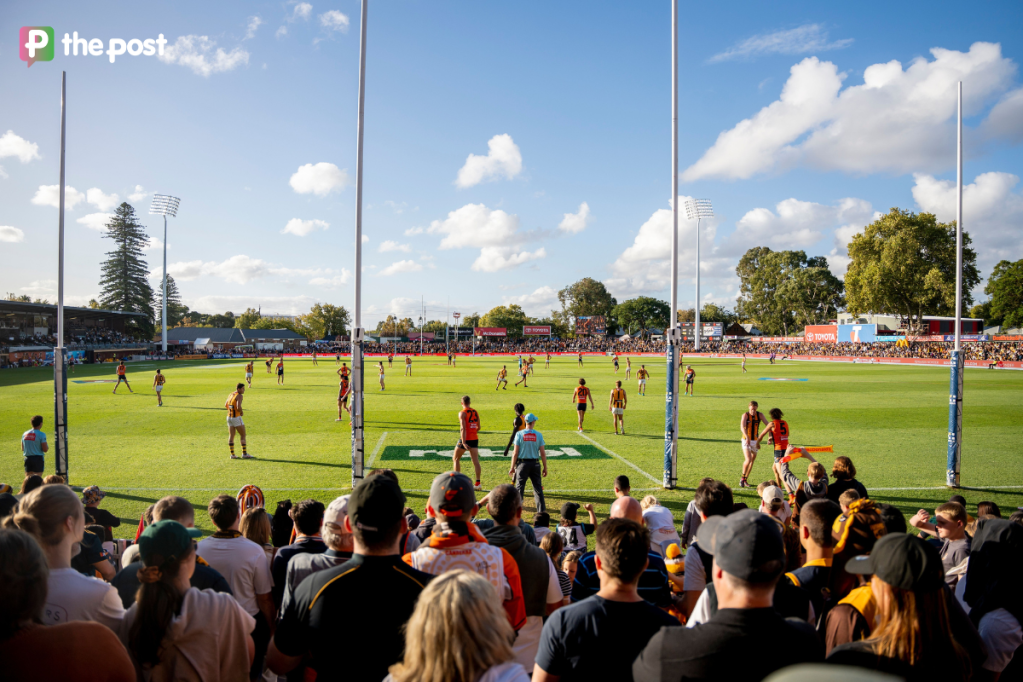Accused neo-Nazis fail to alter strict bail conditions
Two men accused of displaying a Nazi symbol are at high risk of reoffending, according to a magistrate who has refused to alter their bail conditions.

Two men charged with displaying a Nazi symbol on Australia Day have lost a bid to vary their bail conditions, after a magistrate said they were at high risk of reoffending and “their victims are all of us”.
Thomas Sewell, 33, of Wantirna South in Victoria, is charged with loitering and displaying a Nazi symbol or salute and Joel Thomas Davis, 29, also of Victoria, is charged with two counts of displaying a Nazi symbol.
They were among a group of 17 members of the National Socialist Network who faced charges over a gathering at the South Australian War Memorial on January 26.
Lawyer Matthew Hopkins applied in Adelaide Magistrates Court on Thursday to have his clients’ bail conditions varied because of the “unreasonable, disproportionate” effects of a non-association order that “infringed on their right to political communication”.
There was no definition in the Summary Offences Act or legislation about what constituted Nazi ideology and the Nazi symbol charge had “zero prospect of success”, he told Magistrate Luke Davis.
You might like
His clients intended to form a political party and it would be a “radical departure in Australian constitutional jurisprudence for political ideology to be outlawed”.
Under SA laws introduced in 2024, people found displaying swastikas or Nazi symbols in public or performing a Nazi salute could be fined up to $20,000 or face a year in jail.
Prosecutor Phoebe Foster-Richardson said the so-called non-associated order was to prevent further co-ordinated events, particularly in light of Anzac Day approaching.
Sewell had continued to demonstrate and publish his views about the NSN and its ideologies, and the bail conditions had not prevented him from doing that, she said.
Stay informed, daily
The alleged Nazi symbol, worn on the men’s clothing, featured four arrows pointing inwards.
It was “not a typical Nazi symbol. It’s not a swastika … but it is a Nazi symbol. Expert evidence regarding that is forthcoming,” Ms Foster-Richardson said.
The defence’s assertion that there was “zero chance” of conviction was “a rather bold submission at an early stage where evidence hasn’t yet been disclosed”, she said.
Davis said the NSN had staged mass gatherings in public places “to create an intimidating presence, including offensive and distressing messages”.
“The purpose of these gatherings is to generate propaganda through denigrating behaviour, which is used to reinforce their white supremacist views and aid in recruiting.”
“There is a degree of fake innocence in the (defence) submissions.”
He had a “real fear” of the risk of reoffending and had concerns for the safety of victims.
“In my view, the victims are all of us here and elsewhere,” Davis said.
He refused the men’s applications and remanded them on continuing bail to reappear for a pre-trial conference on May 29.








